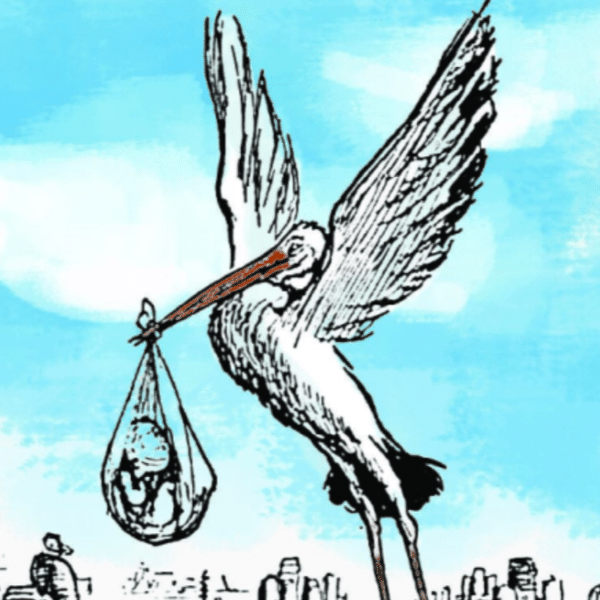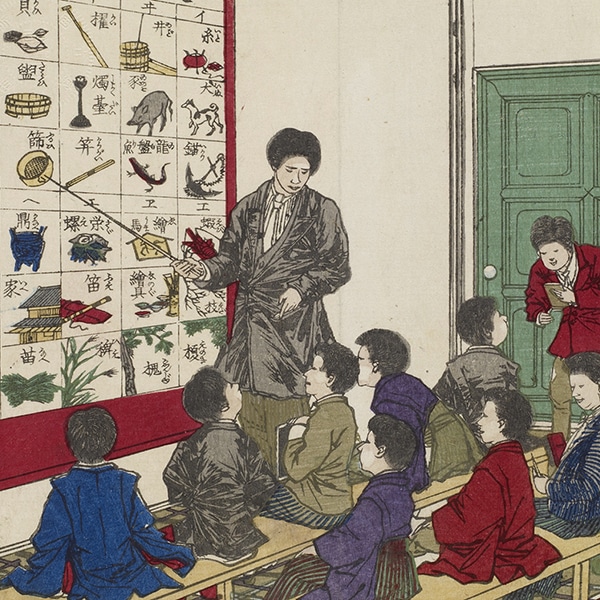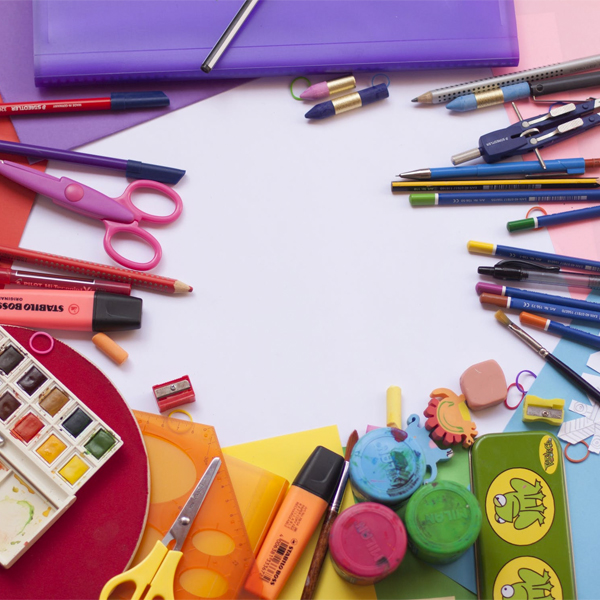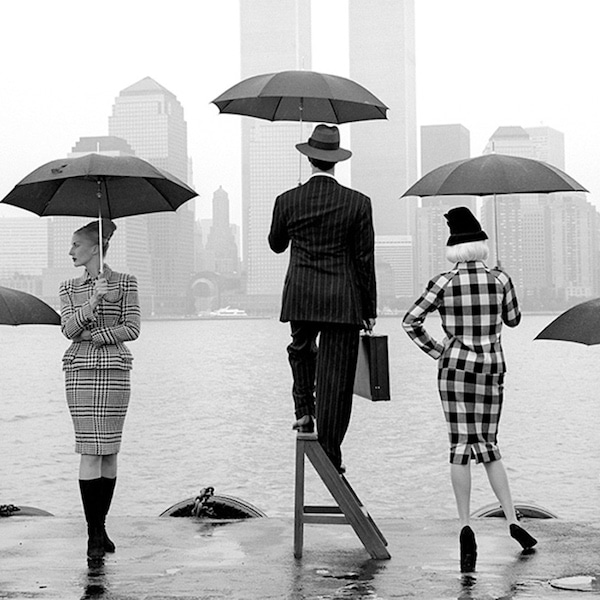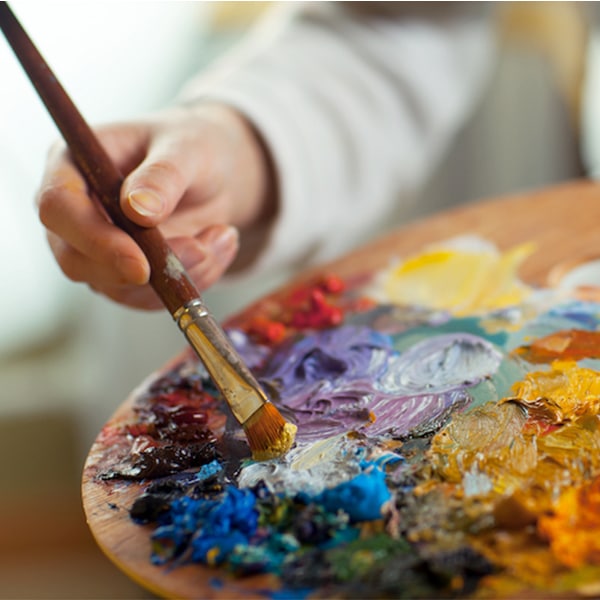How to Become a Curator

Photo: Sarah Pflug Public Domain
There is no single recipe for becoming a curator. However, as with any creative careers, most people believe that a mixture of education, experience, and individual study will get you on the right path.
Most curating positions in museums require a Bachelor's degree in a relevant discipline. Increasingly, Master's degrees are preferred, and some higher-level positions even call for a PhD. Still, while the role of education is becoming increasingly important in this field, institutions also value experience, whether obtained through arts internships, volunteer work, or past jobs.
In addition to formal education and hands-on experience, you can jumpstart your way toward a career in curating on an individual basis. From making a business plan to honing your networking skills to regularly sifting through job boards, small steps can have a big impact—especially in today's culture. “Curatorial practice is changing,” curator Adrian George tells Artsy. “The curator today has to be flexible, open to collaborations, and able to think outside the (white) box.”
Another tip? Read up! While any and all art or art history books are bound to increase your curatorial knowledge, today, there are many reads geared specifically toward the practice itself. Here are a few of our favorites:
Ways of Curating by Hans Ulrich Obrist
View this post on Instagram
In Ways of Curating, world-famous curator Hans Ulrich Obrist uses his own experiences to discuss the relevance of curating in contemporary culture—and its inevitably changing role in the future.
Seven Days in the Art World by Sarah Thornton
View this post on Instagram
A sociologist with a speciality in art and design, Sarah Thornton is the perfect person to welcome you to the mysterious realm of art and culture. In Seven Days in the Art World, Thornton “reveals the inner workings of the sophisticated subcultures” that comprise the industry, from the glamorous to the grim.
Curationism: How Curating Took Over the Art World and Everything Else (Exploded Views) by David Balzer
View this post on Instagram
In Curationism: How Curating Took Over the Art World and Everything Else (Exploded Views), writer, teacher, and editor David Balzer discusses the changing definition of “curate.” Having become “a buzzword, applied to everything from music festivals to artisanal cheese,” Balzer explores what “curating” means today, both in the context of the fine arts and popular culture.
All caught-up on your reading and ready to put yourself out there? Head on over to our Creative Careers: Art, Design, Photography Jobs & Advice group on Facebook. Here, you'll find tips that will help you sharpen your skills and hone your curatorial craft.
Related Articles:
7 Steps to Successfully Start a Freelance Career
6 Artists Share Career Advice They’d Give Their Younger Selves
6 Reasons Wix Is the Professional Website Builder Every Creative Needs
10 Questions to Ask Yourself Before Turning Your Creative Passion Into a Profession












































































